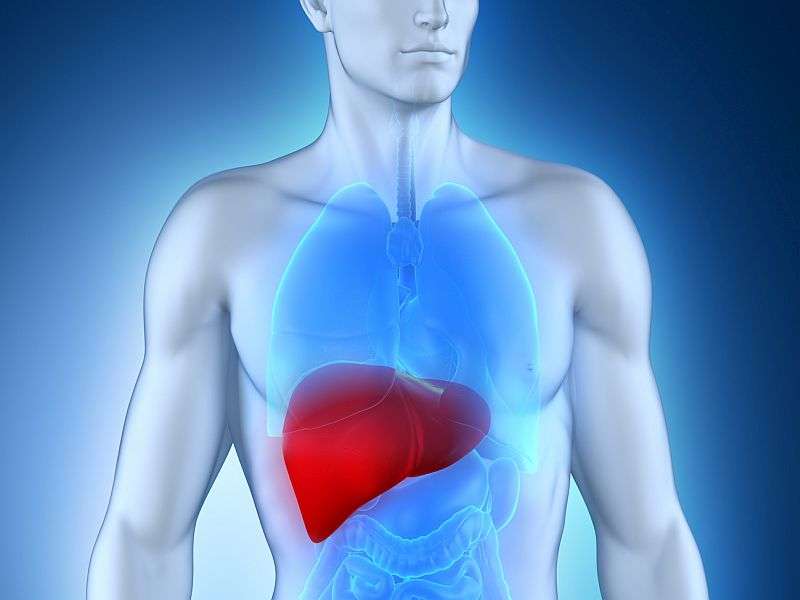(HealthDay)—Curcumin exerts a hepatoprotective effect against acetaminophen-induced damage in mice, according to an experimental study published in the February issue of the Journal of Pharmacy and Pharmacology.
Luis Fernando Granados-Castro, from the National Autonomous University of Mexico in University City, and colleagues evaluated the effect of curcumin (35, 50 or 100 mg/kg) on acetaminophen-induced mitochondrial alterations in the livers of mice. Curcumin was received 90 minutes before acetaminophen injection (350 mg/kg).
The researchers found that in a dose-dependent manner, curcumin prevented acetaminophen-induced liver damage. Curcumin (100 mg/kg) lessened acetaminophen-induced liver histological damage and increment in plasma alanine aminotransferase and aspartate aminotransferase activity. Additionally, curcumin reduced the decrease in oxygen consumption measured using either succinate or malate/glutamate as substrates (evaluated by state 3, respiratory control ratio, uncoupled respiration, and adenosine diphosphate/oxygen ratio), in membrane potential; in ATP synthesis; in aconitase activity; and in the activity of respiratory complexes I, III, and IV.
"These results indicate that the protective effect of curcumin in acetaminophen-induced hepatotoxicity is associated with attenuation of mitochondrial dysfunction," the authors write.
More information:
Abstract
Full Text (subscription or payment may be required)
Copyright © 2016 HealthDay. All rights reserved.
























